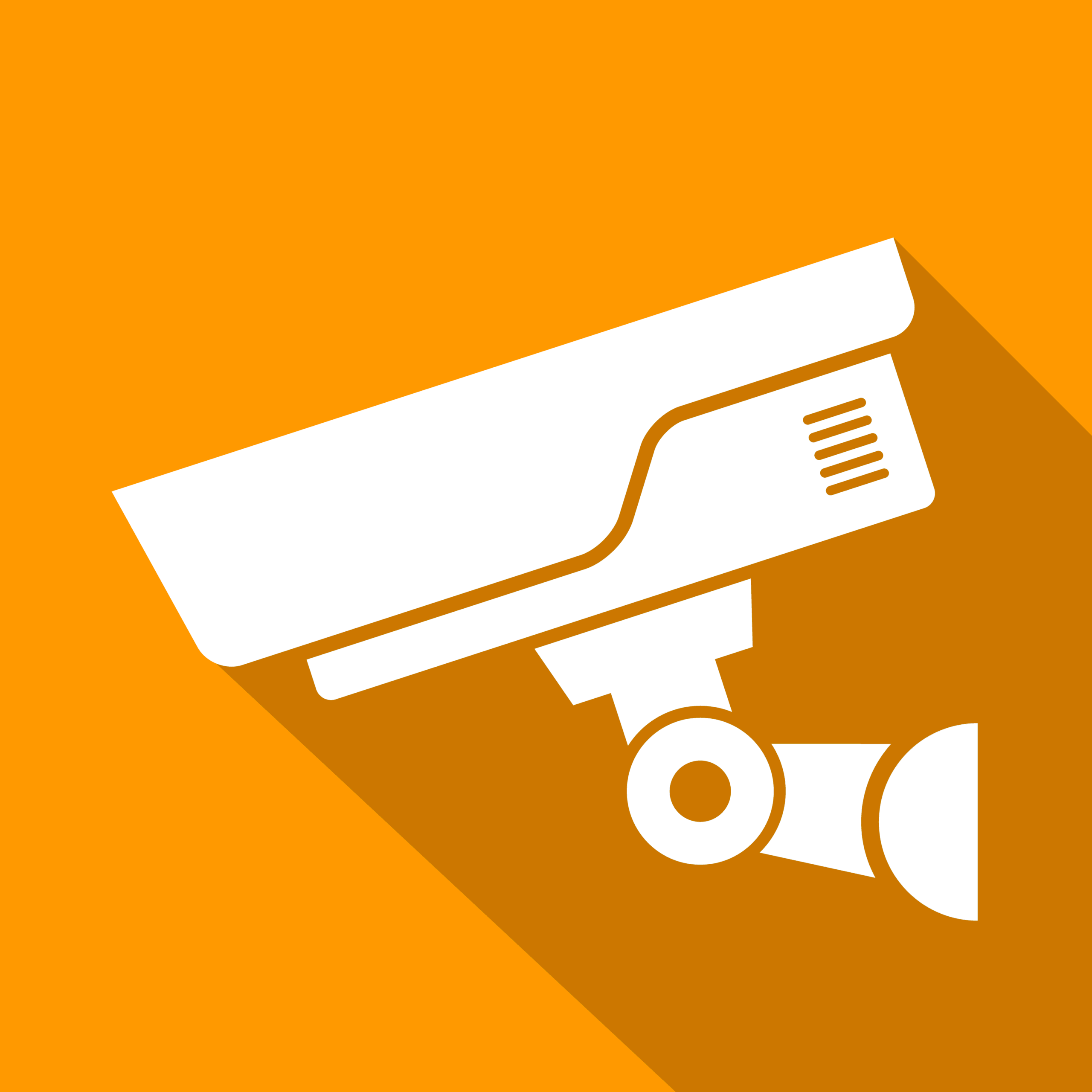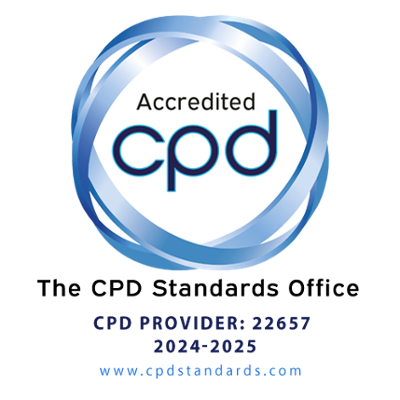
€45.00
This course is an introduction to the private security industry, and the main services it covers. It discusses the body which regulates the industry, highlights the standards of behaviour expected from security operatives, and the law as it relates to the industry. It includes an in-depth look at health and safety issues, the concept of duty of care and examines a range of emergency situations which security operatives might be involved with. The course also covers communication skills, including tips for effective radio communication and instructions on how to use the phonetic alphabet.
Approved by CPD – Duration 90 mins* – €45.00
| Course | Module Number | Module Name | Pass % Required |
|---|---|---|---|
| Working Within the Private Security Industry | 1 | Working in the Private Security Industry | 70 |
| Working Within the Private Security Industry | 2 | Civil and Criminal Law | 70 |
| Working Within the Private Security Industry | 3 | Health and Safety | 70 |
| Working Within the Private Security Industry | 4 | Fire Procedures | 70 |
| Working Within the Private Security Industry | 5 | Emergencies | 70 |
| Working Within the Private Security Industry | 6 | Communication Skills and Customer Service | 70 |
This course lasts around 1 hour and 30 minutes.
The course aims to provide this who are new to the industry with an overview of the sector and the expectations of those working in private security from a legislative and professional viewpoint. Key topics include:
– Health and safety issues including your personal safety and different issues and responsibilities you have while undertaking your role in relation to the public, your colleagues and the premise you are working at
– Duty of care issues which may arise at work and what potential routes you have to provide assistance
– Emergency situations – discussing the types of emergencies you may find yourself having to assist with, key tips for different scenarios and how best to provide support
– Communications skills including how to engage and communicate effectively with people, particularly those who may be difficult
– Radio communications including guidance on the most effective use of radios, codewords and the phonetic alphabet.








Stay up to date with fire safety insights, training updates, and compliance guidance.
|
|
Thank you for Signing Up |



Web design and development by Phoenix STS Ltd
Copyright © 2026. All rights reserved.